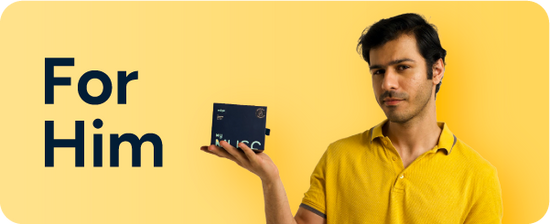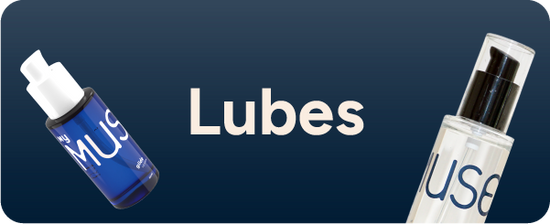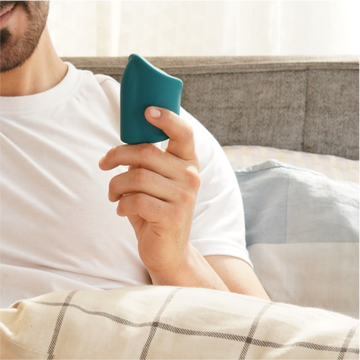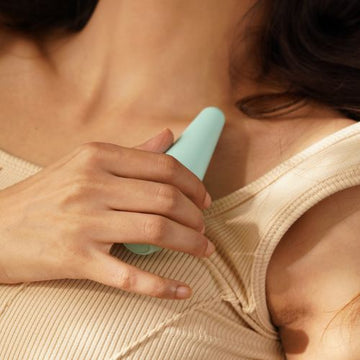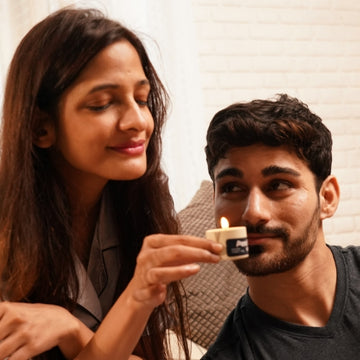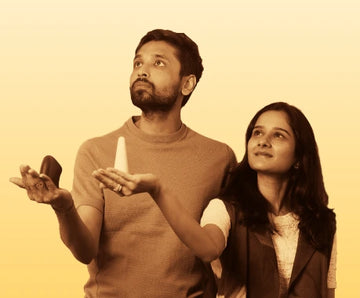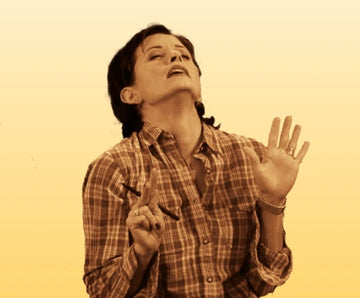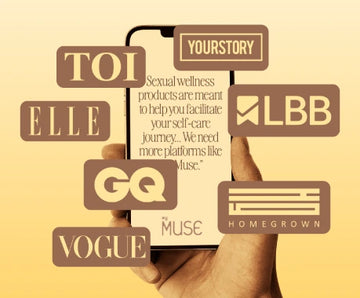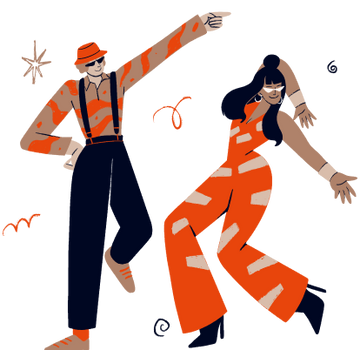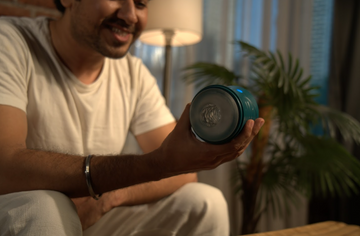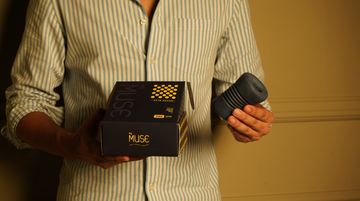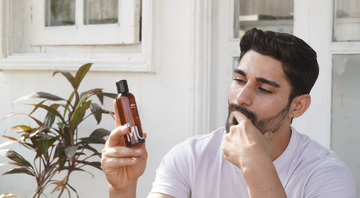The Truth About Nice Guy Syndrome: Why 'Nice' Isn’t Always Good
Neha Joshi - Dec 13, 2024
Nice Guys finish last—but why are they running the race wrong? Read to learn everything about the ‘Nice Guy Syndrome’ and how to overcome it.
You’ve probably encountered that guy at least once in your life. The one who holds the door for you sends you good morning messages with an unnecessary number of emojis, and then, when you politely decline his dinner invite, he mutters, “Girls never appreciate nice guys like me.”
Welcome to the world of the ‘nice guy syndrome,’ where being nice is less about being genuinely kind and more about running a covert operation to earn brownie points. Spoiler alert: It’s not working!
So, What Even Is The Nice Guy Syndrome?
Nice guy syndrome isn’t just about being nice—it’s about being transactionally nice. Think of it like this: instead of saying, ‘I respect you as a person,’ the Nice Guy’s internal dialogue is more like, ‘I’m putting kindness coins into this vending machine; where’s my girlfriend?’
If you think this is a modern phenomenon, you are mistaken, my dear friend. It’s been around for centuries, probably since the first caveman tried to impress a lady with a perfectly smooth rock. Don’t get us wrong; the issue isn’t being kind; it’s the expectation of a reward and seeking approval. Newsflash: Basic decency isn’t a dating strategy.
Some Nice Guy Syndrome Examples in Real Life
‘I Did All This for You!’
A guy spends a month being overly helpful, running errands, and giving compliments to someone he likes or his best friend. When she doesn’t reciprocate romantically, he says: ‘After everything I’ve done for you, this is how you treat me?’ This reveals his ‘niceness’ was a transactional effort to earn her affection.
‘I’m Not Like Other Guys!’
You must’ve heard of the ‘I’m not like other girls’ trope, but did you know the Nice guy syndrome is almost adjacent to the ‘I’m not like other guys’ type? You didn’t, well, the ‘not like other guys’ person would say something like: ‘I’m the type of guy who respects you, unlike all those jerks you date’.
Instead of just being genuinely kind, he feels the need to contrast himself with others, making his intentions less about respect and more about self-promotion.
The ‘I’m Stuck in the Friend Zone’ Complaint
People struck with the nice guy syndrome often refer to the ‘friend zone’ as a trap they’ve been unfairly placed in as if friendship is some sort of consolation prize. Instead of valuing the bond, they sulk about not getting romantic attention.
‘Why Don’t Girls Like Nice Guys?’
A man laments to his friends (or on social media) about how women only go for “bad boys” while he’s left in the dust despite being so ‘nice.’
Reality check: Women don’t dislike kindness—they dislike people who see relationships as a reward for good behaviour.
Famous Nice Guy Characters in Movies or Shows
There are several characters that embody the traits of the nice guy syndrome (watch out, some of them might be your favourite!):
Ross Geller from ‘F.R.I.E.N.D.S’
Ross spends 10 seasons oscillating between being with a sweet nerd and a passive-aggressive love interest. His ‘We were on a break!’ moments show how he often feels entitled to Rachel’s affection because of their history.

Mark from ‘Love Actually’
Mark silently pines for his best friend’s wife, Juliet, and instead of dealing with it maturely, he declares his love through cue cards on Christmas. Sweet? Maybe. Respectful? Nope. Mark fits into the nice guy character because he is the quiet, brooding guy who makes a big romantic gesture because he believes his feelings deserve attention, no matter how inappropriate.
Leonard from ‘The Big Bang Theory’
Leonard tries everything to win over Penny, often playing the ‘I’m the underdog’ card. His frustration when she dates other guys reflects his entitlement. He is the self-proclaimed ‘good guy’ who can’t understand why the girls next door don’t swoon over his sweet-but-clingy demeanour.

Alan from ‘Two and a Half Men’
Alan constantly tries to play the victim card, lamenting about how nobody appreciates his nice guy-ness, while often scheming to get his way. Alan’s nice guy syndrome is at an all-time high when he uses self-pity as a tool to earn affection.
How to Overcome the Nice Guy Syndrome
If you are a person who identifies with the nice guy syndrome, it’s not too late to embrace kindness and be your authentic self. Let’s break free from the cycle of guilt trips, friend-zone complaints, and over-the-top gestures.
- Stop Treating Kindness Like a Crypto Currency: Kindness isn’t a Bitcoin where you expect to double in value and pay off in dates. Do nice things because they make you feel good, not because you’re banking on romantic returns.
- Learn the Art of Taking a ‘No’ as a Champ: Rejection isn’t a personal attack—it’s just a preference. Instead of sulking, say, ‘Cool, no worries,’ and move on with your life. You’ll look way more confident, and confidence > fake nice any day. When you hear ‘no,’ pretend you’re James Bond walking away from an explosion. Cool guys don’t look back.
- Ditch the Friend-Zone Whining: Being someone’s friend is a privilege, not a punishment. If they don’t want to date you, it doesn’t mean they’re playing hard to get—it means they’re just not into you.

- Get a Life Outside of Romance: If your world revolves around impressing someone, it’s time for a new hobby, friend. Try something fun, learn a new skill, hit the gym, or start a Truth Or Dare Party Game. The happier you are in your own skin, the more energetic you’ll be.
The Bottom Line
Nice guy syndrome isn’t a permanent condition—it’s just a mindset that needs a reboot. So, stop treating life like a dating app where every swipe needs to lead somewhere. Be authentic, and embrace rejection with grace. Because trust us, no one’s swiping right on, ‘I’m a nice guy, and you owe me for it.’
You May Also Like
Groove, Link, Pulse